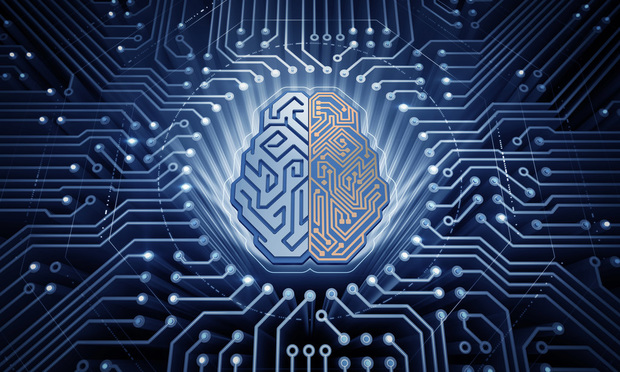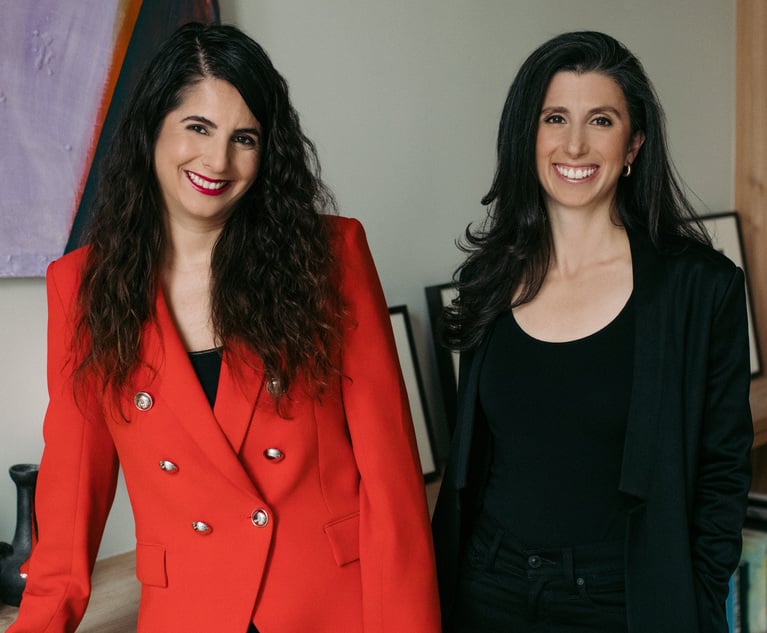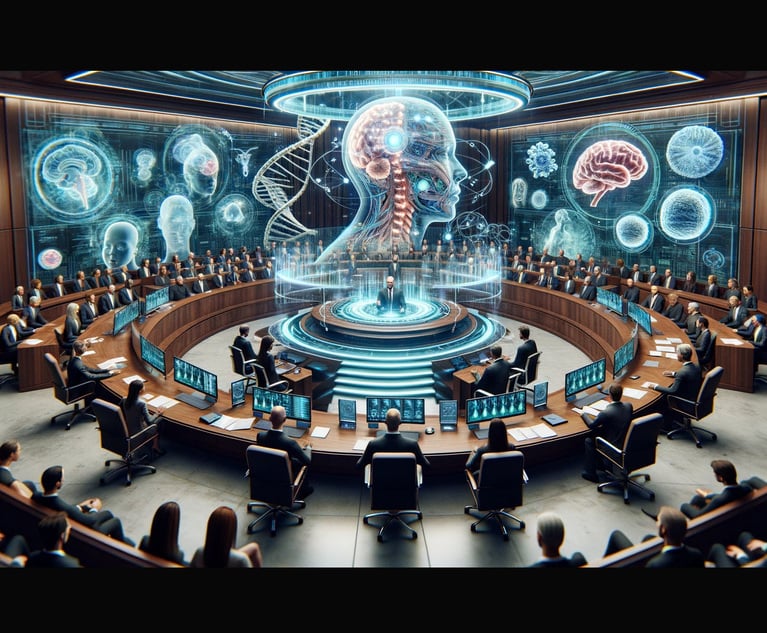So we’re at a new decade. Are the robot lawyers here yet? When are they coming? My mental picture of C3PO projecting a hologram of a case file has not yet come true, and I must confess that I’m a bit disappointed.
OK, I know that’s not what artificial intelligence is all about. In the past decade, we have seen AI’s legal applications grow from primarily technology-assisted review in e-discovery to encompass everything from legal research to document automation to transactional law. Even if there aren’t robot lawyers, AI has begun to fundamentally change how lawyers across the country practice. And from the predictions below, it’s clear that both attorneys and technologists alike expect more growth from here.








